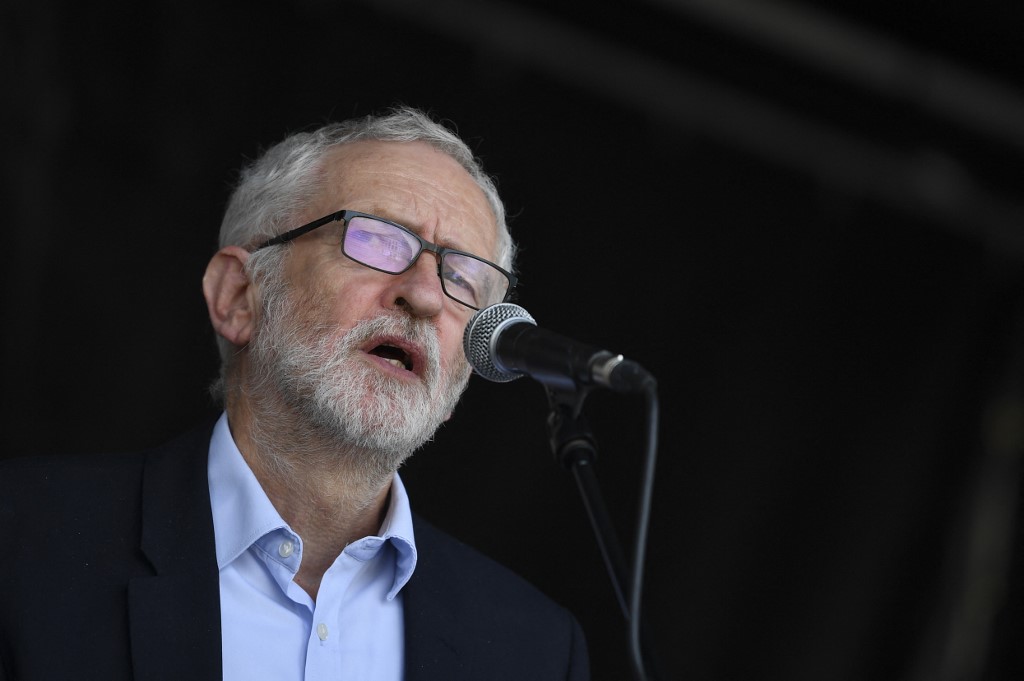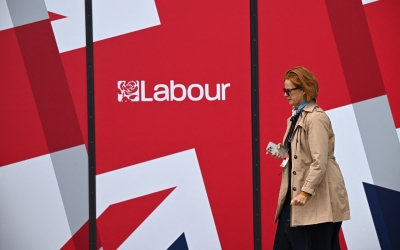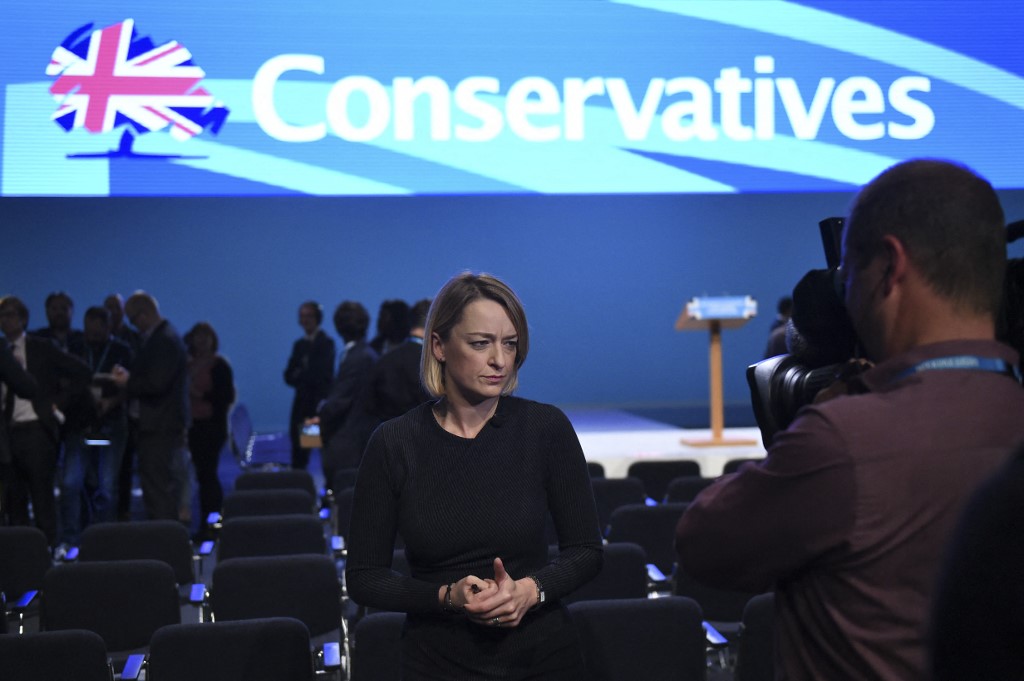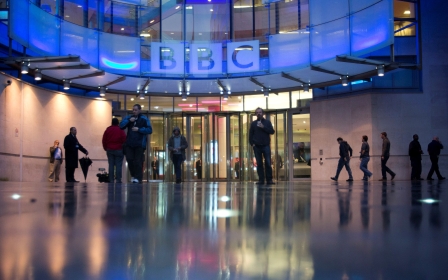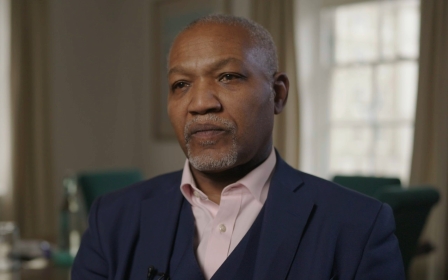Lineker row: We should be asking deeper questions about the BBC's impartiality
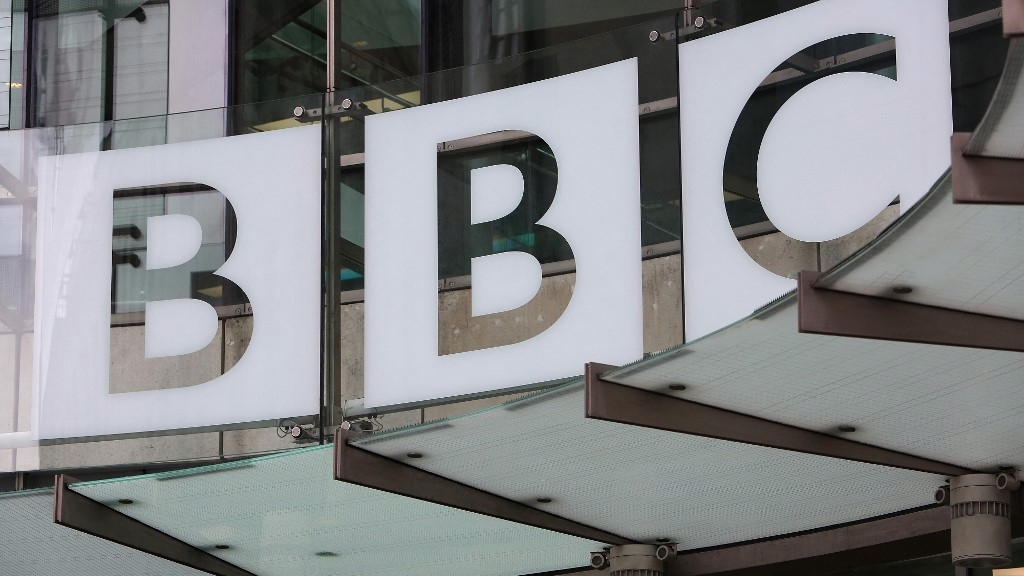
Two weeks ago, the BBC was convulsed by a row over tweets by celebrity sports presenter Gary Lineker that criticised the Conservative Party’s policy on immigration. The BBC panicked, suspended Lineker and then reinstated him.
Fresh questions have now emerged about the BBC’s impartiality. Though far more serious, they have been almost completely ignored in the mainstream media.
They do not concern remarks made by a sports presenter, but rather the BBC’s flagship current affairs programme, Panorama, and its reporting on former Labour leader Jeremy Corbyn.
If BBC bosses felt it was right to suspend Lineker for remarks about Tory immigration policy in 2023, why not suspend him for calling on the Labour Party to dump Corbyn in 2017?
The new concerns about BBC impartiality have entered the public domain after remarks made by Martin Forde KC, the respected lawyer appointed in May 2020 by Keir Starmer’s Labour to investigate racism and factionalism in the party. Forde’s report, published last July, described a section of the Panorama programme as “entirely misleading”.
In an interview with Al Jazeera last week, Forde disclosed that he was pressured by the BBC to remove this criticism of Panorama from his report, but he refused to do so.
New MEE newsletter: Jerusalem Dispatch
Sign up to get the latest insights and analysis on Israel-Palestine, alongside Turkey Unpacked and other MEE newsletters
The implications of this are serious. The impact of the Panorama programme was enormous: five months ahead of the December 2019 election, it cemented a consensus that Corbyn, then the Labour leader, had failed to tackle antisemitism in his party.
Watch it now, and it is a peculiar film. It contains few direct, tangible examples of antisemitism. In large measure, it consists of interviewees, many of them anonymous, alleging antisemitism by other, often anonymous, figures. To an extent unusual in so high-profile a film, it relies on trust.
Misleading edits
Last September, Al Jazeera’s investigative unit broadcast a documentary (in which I appeared) that made serious allegations about Panorama. Al Jazeera raised doubts about two examples of antisemitism cited in the film. It also revealed that many of the anonymous interviewees were actually officials in organisations hostile to Corbyn. And it suggested that one email cited in the film had been edited in a misleading way - the email that was the subject of the exchange between Forde and the BBC.
Al Jazeera had revealed that Panorama removed important context from a 2018 email sent by Seumas Milne, Corbyn’s director of communications, to the disciplinary unit. Panorama quoted Milne as saying the Labour Party was “muddling up political disputes with racism”, but it omitted the first half of the sentence, which showed Milne was talking about a specific disciplinary case.
“This member is a Jewish activist, the son of a Holocaust survivor,” Milne wrote. “If we’re more than very occasionally using disciplinary action against Jewish members for anti-Semitism, something’s going wrong, and we’re muddling up political disputes with racism. Quite apart from this specific case, I think going forward we need to review where and how we’re drawing the line if we’re going to have clear and defensible processes.”
In last week’s interview with Al Jazeera, Forde described the email as having been “filleted”. He went on: “I think the filleting meant the context was lost and a more sinister interpretation could be placed upon that email than was ever intended.”
The BBC has told Al Jazeera that it “stands by its reporting that members of Mr Corbyn’s office interfered in antisemitic disciplinary cases”, while John Ware, the programme’s reporter, said Forde’s criticisms of Panorama were “misleading and inaccurate”.
But the editing of the email is not the only allegation made by Al Jazeera about Panorama. In the original investigation that aired last year, Al Jazeera revealed a recording made by a Labour member in Liverpool of an exchange with a Jewish Labour Party investigator, Ben Westerman. In the Panorama programme, Westerman said he was asked: “Are you from Israel?”, citing this as evidence of antisemitism.
The recording showed the member asking: “Which [Labour Party] branch are you in?” The BBC continues to maintain the Israel question may have been asked after the recording was switched off.
There were two party members present. Both are elderly Jewish ladies, a fact Panorama failed to report, and both are adamant the Israel question was never asked.
Astonishing claim
Another Al Jazeera allegation concerned the remarkable story of Izzy Lenga, a Jewish Labour Movement board member, who made the astonishing claim that “every day” in the Labour Party she was told “Hitler was right, Hitler did not go far enough” - comments that apparently went unchallenged at Labour meetings.
A simple Google search reveals this in fact referred to a specific incident and that the abuse came not from Labour members, but from the far right.
Here, the BBC has climbed down, acknowledging that Lenga’s comments became “mixed up in the editing”. The BBC presents this not as a correction, but as providing additional “context”, on the grounds that Lenga said she received “similar” abuse from the far left. This one climbdown aside, the BBC continues to stand by the journalism in the Panorama programme.
In this context, it’s relevant to note that the BBC has a record of reporting on Corbyn unfairly. One example concerns Lineker. All hell broke loose when he criticised Conservative policy on migration, so much so that the corporation suspended him.
But Lineker has been making political points over Twitter for ages. I can find no evidence that anybody at the BBC blinked an eyelid when he casually instructed his millions of Twitter followers in 2017 to “bin Corbyn”.
This raises the question: if BBC bosses felt it was right to suspend Lineker for remarks about Tory immigration policy in 2023, why not suspend him for calling on the Labour Party to dump Corbyn in 2017?
Manufactured story
Even more telling is an episode early on in Corbyn’s term of leadership, when then-BBC political editor Laura Kuenssberg distorted the Labour leader’s view on “shoot to kill” in the aftermath of the Paris terror attacks by placing them in a misleading context.
BBC News had included a clip of the Labour leader stating: “I am not happy with a shoot-to-kill policy in general. I think that is quite dangerous and I think can often be counterproductive.”
Kuenssberg presented this quote as Corbyn’s response to a question put to him on whether he would be “happy for British officers to pull the trigger in the event of a Paris-style attack”. But the BBC Trust concluded that Corbyn had been speaking in a different context, and not specifically about a Paris-style attack.
The BBC Trust said the BBC “was wrong in this case to present an answer Mr Corbyn had given to a question about ‘shoot to kill’ as though it were his answer to a question he had not in fact been asked”.
While exonerating the political editor of bias, it found that “the breach of due accuracy on such a highly contentious political issue meant that the output had not achieved due impartiality”.
Yet, the finding was rejected by then-BBC News director James Harding, who retorted that Kuenssberg “is an outstanding journalist and political editor with the utmost integrity and professionalism”. He added: “BBC News reported on the leader of the opposition in the same way it would any other politician.”
This was not an isolated episode. Days before the 2019 general election, Kuenssberg tweeted out the manufactured and false story that a Labour activist punched an adviser to then-Health Secretary Matt Hancock outside a hospital.
A video of the event later proved that the punch - which had been briefed out by Tories - never happened. At this point, Kuenssberg removed her tweet. And there have been other examples of the BBC political editor uncritically placing material helpful to the Tories in the public domain.
Fairness and accuracy
I should state my own strong bias here. I love the BBC and believe that it is one of our great national institutions. I have had the good fortune to present documentaries for the BBC (on Radio Four, and not Panorama) and have always admired - revered even - the calibre of the producers and editors, and their scrupulous attention to fairness and accuracy.
I profoundly dislike the way that the corporation has come under constant bullying from a Conservative government. I think the licence fee represents superb value, and I deeply distrust the motives of those who seek to damage it.
However, I also believe that the BBC should be accurate, impartial and fair-minded. Indeed, the corporation’s own rules state that it is “committed to achieving due impartiality in all its output. This commitment is fundamental to our reputation, our values and the trust of audiences.”
I do not believe that the BBC always played straight with Corbyn during his five years as leader of Her Majesty's Opposition
On accuracy, the rules are equally clear. They state that the BBC “must not knowingly and materially mislead its audiences. We should not distort known facts, present invented material as fact or otherwise undermine our audiences’ trust in our content.” The guidelines also state: “We should normally acknowledge serious factual errors and correct them quickly, clearly and appropriately.”
It cannot be stated too strongly that the BBC is not the only media organisation open to the charge that it fell short of high standards of accuracy and impartiality during the years when Corbyn was Labour leader.
Many others, especially the mainstream newspapers, were worse - in some cases much worse. Yet every British citizen, whatever our political persuasion, pays the BBC licence fee. The BBC belongs to all of us. It’s a great national institution, and has long been the envy of the world.
That’s why fairness and impartiality to all parties is of such grave importance. I do not believe that the BBC always played straight with Corbyn during his five years as leader of Her Majesty’s Opposition.
The views expressed in this article belong to the author and do not necessarily reflect the editorial policy of Middle East Eye.
Middle East Eye delivers independent and unrivalled coverage and analysis of the Middle East, North Africa and beyond. To learn more about republishing this content and the associated fees, please fill out this form. More about MEE can be found here.



